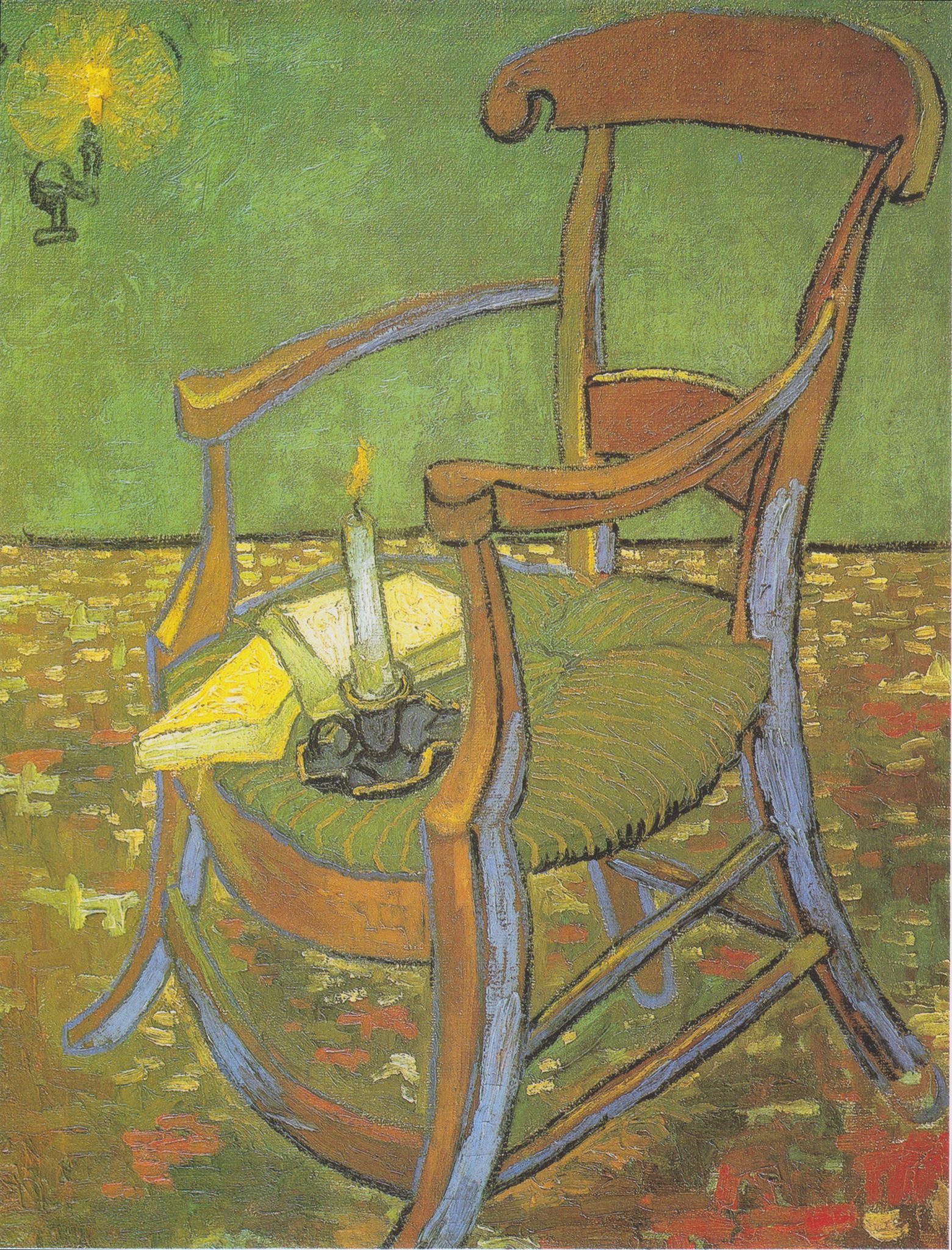
How Not To Conduct A Medical Staff Fair Hearing
May 2, 2012
If you want to know what you shouldn\’t do when conducting a medical staff fair hearing, read the opinion of the Federal District Court for the Northern District of New Mexico in Osuagwu v. Gila Regional Medical Center (2012 U.S. LEXIS U325). Fellow Lexblogger Michael Cassidy brought this case to my attention via his Med Law Blog. Among other things, the hospital and medical staff leadership in this case:
1. Allowed one physician to act as the “investigator,” the “prosecutor,” an expert witness and a member of the hearing panel;
2. Did not provide the accused physician with the opportunity to cross examine the physicians who rendered expert opinions against him;
3. Did not make a reasonable effort to obtain all of the facts relevant to the cases under review; and
4. Did not clearly articulate the specific reasons for taking the harsh measure of indefinitely suspending the accused physician\’s privileges.
On the basis of these findings, the federal district court denied the hospital\’s motion for summary judgment under the immunity provisions of the Healthcare Quality Improvement Act (“HCQIA”). Since most hospitals\’ medical staff bylaws and fair hearing procedures are largely intended to assure the benefits of HCQIA immunity, and it is rarely denied, this case is noteworthy.
Michael Cassidy\’s post suggests that the admission of written expert reports without the opportunity for the accused to cross examine the expert was a factor in this case that may gain broader traction in medical staff hearing litigation. I hope not. As he points out, most medical staff bylaws relax the rules of evidence, and the admission of written reports without testimony is not uncommon. So long as the accused physician is offered the right to do the same, and if there is some in person expert testimony offered, an otherwise sound fair hearing should not fall outside HCQIA immunity solely by reason of including a hearsay expert report. It was a contributing factor in Osuagwa, but only because the rest of the hearing was so deficient.
[Image: Paul Gaugin\’s Chair (The Empty Chair), Vincent van Gogh, 1888]
